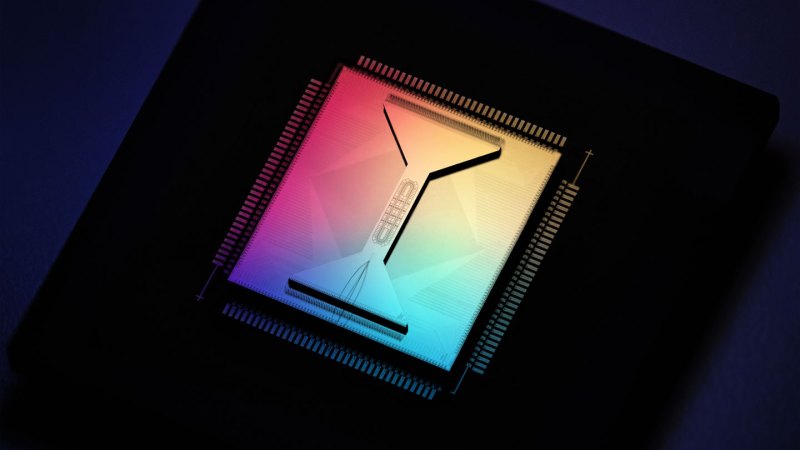
Extreme Climate Survey
Scientific news is collecting questions from readers about how to navigate our planet’s changing climate.
What do you want to know about extreme heat and how it can lead to extreme weather events?
Now, scientists have performed repeated rounds of operations and error correction on eight logical qubits, researchers from Microsoft and quantum computing company Quantinuum report Sept. 10 at the Quantum World Congress in Tysons, Va., and in a paper posted online at arXiv.org. The operations performed in the calculation imbued the qubits with correlations called quantum entanglement. The corrected calculation had an error rate about one-tenth that performed with the original, error-prone qubits, which are called “physical” qubits.
The researchers also entangled 12 logical qubits, the largest number of logical qubits ever entangled. The error rate for this entangled state was less than one twentieth of the equivalent state achieved using physical computer qubits with the initial defect.
“The bug fix is working; that’s huge,” says computer scientist Krysta Svore of Microsoft. “This is the direction we need to go for reliable quantum computing.”
The researchers used a quantum computer developed by the company Quantinuum, with 56 qubits made of electrically charged atoms or ions. Those qubits were combined to make logical qubits.
For error correction, there are a number of schemes and each of them can fix a certain number of errors. The device under study used an error correction scheme that was capable of correcting only one error. If the computer made two mistakes, the researchers were unable to fix the mistake, and instead they detected the mistakes and discarded the result to avoid incorrect results.
In another recent milestone, researchers from Google reported Aug. 24 on arXiv.org that the error correction increases the length of time a qubit can store information in memory, although the team did not perform calculations with it. Taken together, the results from Microsoft and Google “are showing that error correction works as we expect,” says Ken Brown, a quantum engineer at Duke University and a scientific advisor to the quantum computer company IonQ. “That’s really promising.”
But more improvements are needed. Microsoft’s result cannot demonstrate a universal quantum computer, one that can perform all the operations a quantum computer is capable of. “That’s the next big challenge, is getting enough resources … that you can actually do full universal quantum computing on many logic qubits,” Brown says.
In another study, Microsoft researchers combined high-performance classical computing, artificial intelligence, and quantum computing to perform a chemistry calculation. The calculation can be done without a quantum computer, but the study was a proof of concept. The calculation used two logical qubits, and the researchers found that the results improved compared to a calculation performed with error-prone physical qubits.
In the future, when quantum computers have more logical qubits, such chemical calculations may unlock secrets that classical computers cannot access. Scientists hope that machines can figure out how to make compost more efficiently, or how to extract carbon from the atmosphere to combat global warming. “Basically, we want to save and feed our planet,” says Svore.
#quantum #computer #corrected #errors #improving #calculations
Image Source : www.sciencenews.org